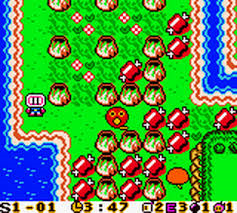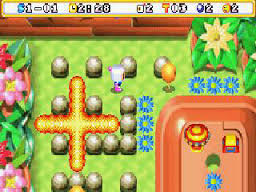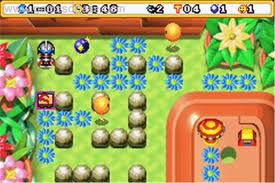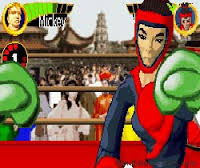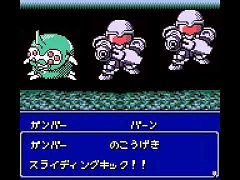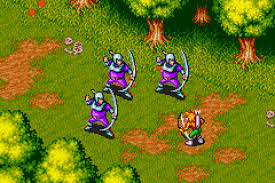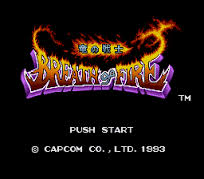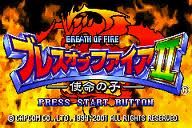Bratz is an American line of fashion dolls and merchandise manufactured by MGA Entertainment. Four original 10" dolls we
Read moreBratz is an American line of fashion dolls and merchandise manufactured by MGA Entertainment. Four original 10" dolls were released in 2001 – Cloe, Jade, Sasha, and Yasmin. They are portrayed as teenagers distinguished by large heads and skinny bodies, almond-shaped eyes adorned with eyeshadow, and lush, glossy lips.
Bratz reached great success and the original line of dolls was expanded with a number of spin-offs like Bratz Kidz and Bratz Babyz, as well as media featuring the Bratz characters, including a movie, TV series, music albums and video games. In 2005, global sales were two billion dollars and by 2006 Bratz had about forty percent of the fashion-doll market.
Bratz have provoked controversy in several areas. Criticism has been leveled at the labor conditions under which the dolls are manufactured in China, and the American Psychological Association has expressed concern about the sexualization of the dolls' clothing and its effect on children. For years, MGA Entertainment was involved in a lengthy legal dispute with Mattel over the rights to the Bratz design. In 2011, the dispute ended with MGA as the victors.
In early 2010, Bratz took a brief hiatus after Mattel's first lawsuit and returned later that year to commemorate the 10th Anniversary of the franchise. Unfortunately, the celebration was not as successful as MGA Entertainment had hoped it would be, as many retailers such as Target and Wal-Mart shunned the brand and focused their efforts on other fashion doll lines that were growing in popularity at the time (including MGA Entertainment's own Lalaloopsy dolls). Bratz continued to struggle in the midst of a changing fashion doll market, as sales plummeted to record lows and retailers canceled orders for newer and future Bratz lines (or in some instances, declared they would no longer carry Bratz).
MGA Entertainment acknowledged that Bratz had lost its magic with poor quality dolls, dysfunctional management, and a very dissatisfied fanbase. In late summer 2013, the company realized that something needed to be done: It made the decision to completely overhaul the Bratz brand and entire Bratz franchise throughout 2014, in an effort to rebuild Bratz to what it was before and what it once used to be.




